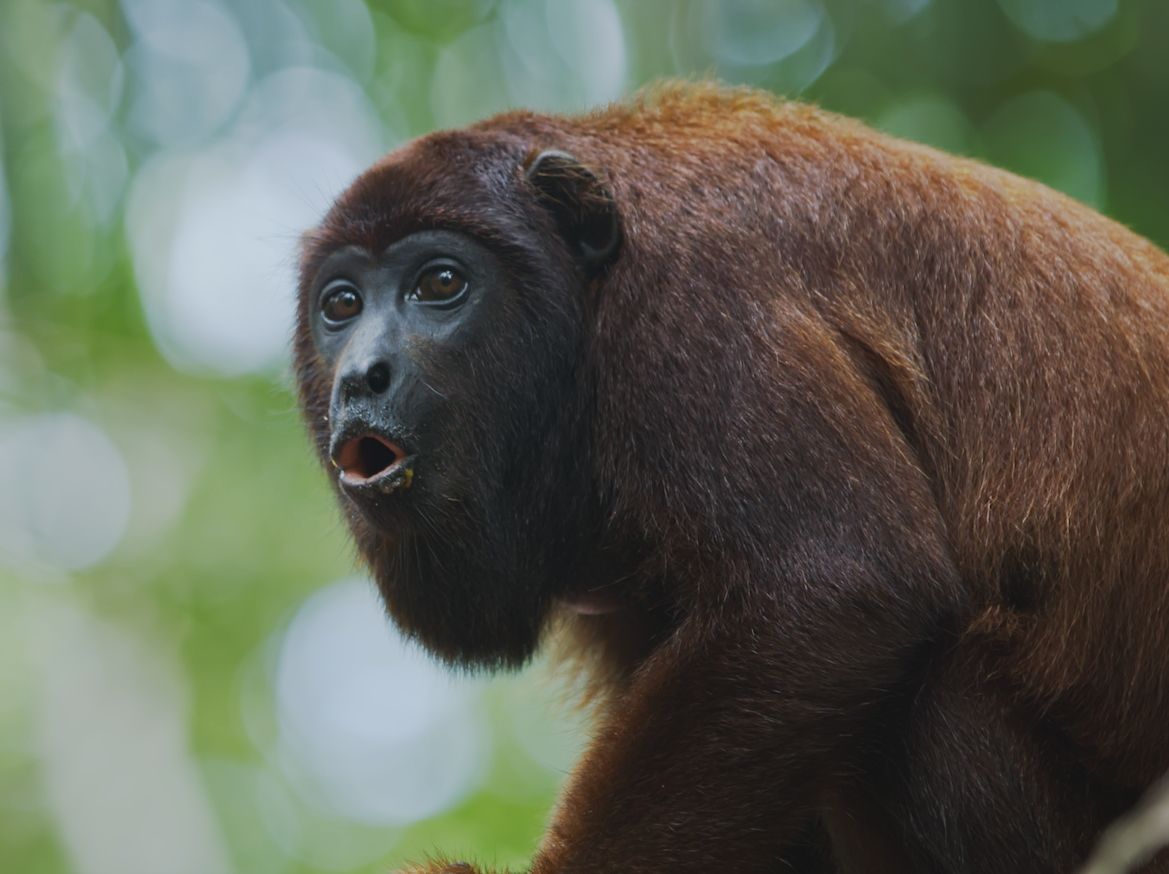ANIMALS DECODED – RUMBLE IN THE JUNGLE

The natural world’s a noisy place, but how and why animals make themselves heard is a complex field that scientists are only beginning to decode.
Some sounds are all around us - part of the backdrop of our lives, like bird song - but others are beyond our hearing range, and easy to miss. As scientists tune in, they’re realising how human activity is changing the world’s sound-stage, and animals are having to find new ways of being heard over the din! Humans make assumptions about sound based on our perceptions - the things we can hear – but as it turns out, we are missing a lot of what’s going on. Giraffes have always been assumed to be relatively quiet animals, with perhaps the occasional snorting alarm call, but researchers have recently discovered that they hum at night! The cause and function of the sounds remain a mystery, but scientists believe it could be a way for giraffes to keep the herd together after dark. We don’t think of coral reefs as being noisy places. To ours ears, you might hear churning waves, the occasional clicking of crustaceans and the moan of a passing boat’s engine. But scientists are finding that the underwater world is much louder than we’d realised – if we listen in the right way. Enter Steve Simpson, professor at the University of Exeter - the fish whisperer. Steve has been exploring frequencies beyond human hearing, and is finding the sea is a nosier place than we thought. It turns out that fish aren’t quiet at all, in fact on a coral reef, where space is at a premium, animals use song to proclaim their patch. Fish sing their very own dawn chorus. Steve’s work has some incredible payoffs - it turns out if you can speak fish, you could help save the seas.